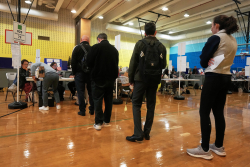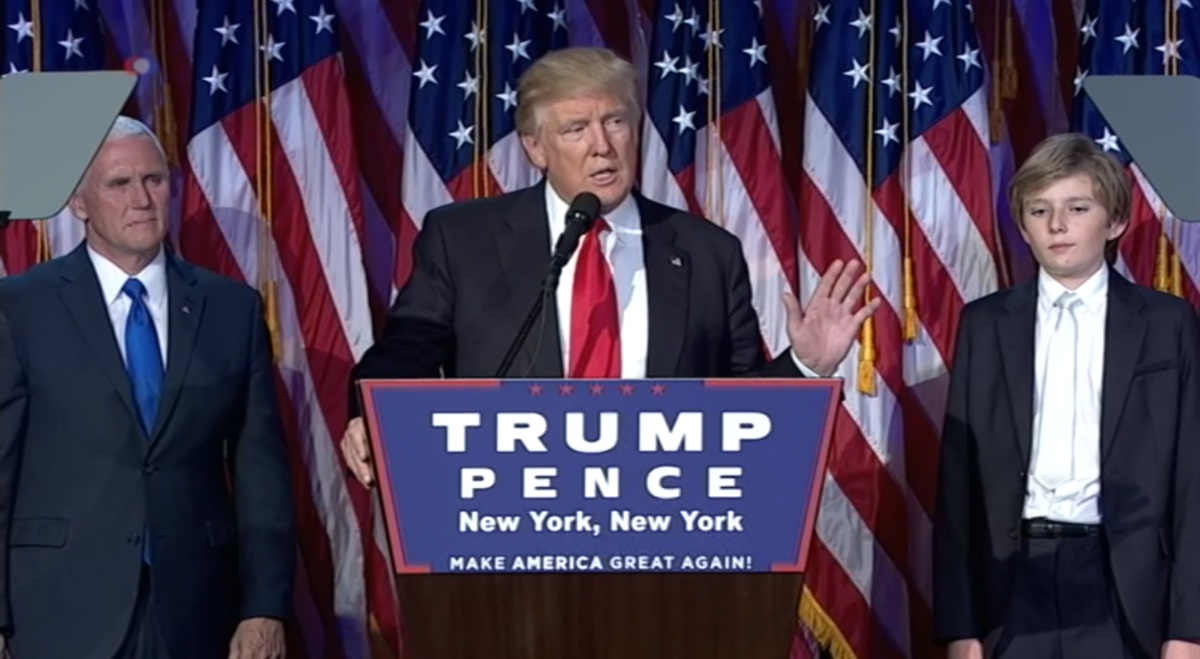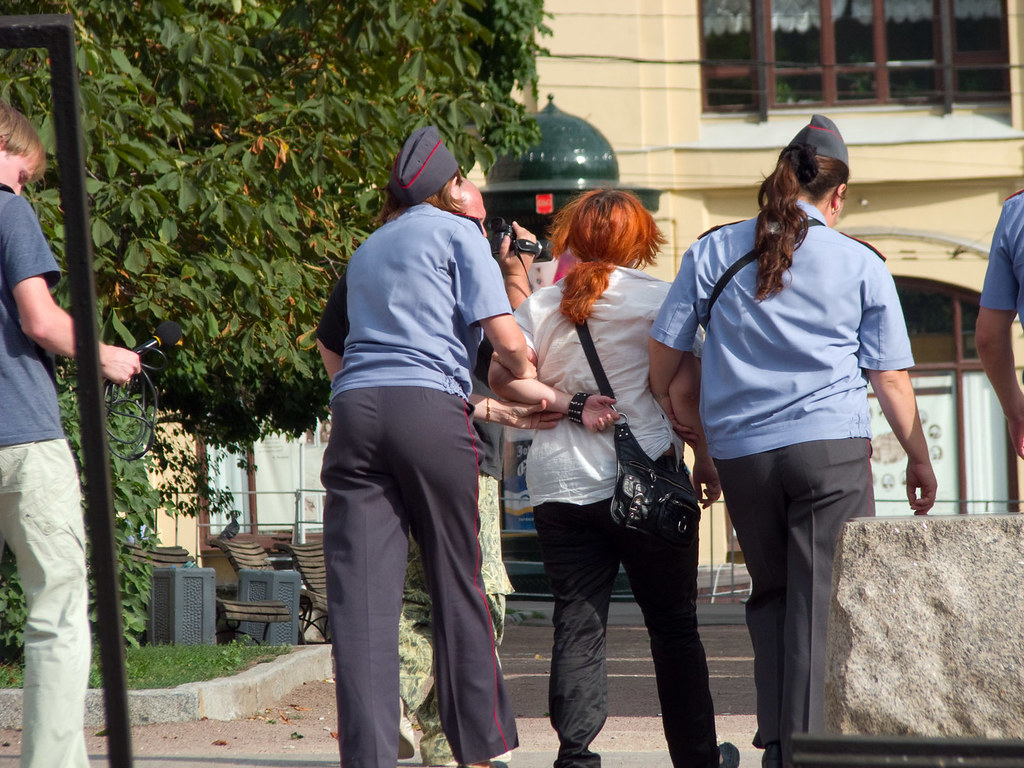A Landmark Decision Shakes Up Higher Education (Image Credits: Unsplash)
California – Amid the vibrant energy of university campuses across the state, a pivotal court decision has opened doors that were long shut, promising fairer opportunities for a group of dedicated learners.
A Landmark Decision Shakes Up Higher Education
Imagine showing up to class every day, acing your exams, but being told you can’t even work a simple campus gig because of your immigration status. That’s the reality undocumented students at the University of California have faced for years. On November 4, 2025, the California Supreme Court declined to review a lower court’s ruling, effectively upholding a decision that deems UC’s hiring policy discriminatory.
This move stems from an August 2025 appeals court verdict, which found the policy violates state employment laws. UC officials had hoped the high court would intervene, but now they must revisit their stance. It’s a clear signal that discrimination based on immigration status won’t fly in California’s public universities.
The ruling highlights a growing push for equity in education. Undocumented students, often called Dreamers, contribute immensely to campus life yet hit roadblocks in basic employment.
UC’s Policy: A Barrier Rooted in Federal Fears
For over a decade, UC has barred undocumented students from on-campus jobs, citing potential violations of federal immigration laws. The university argues that hiring without work authorization could expose them to serious legal risks, including fines or worse. This cautious approach aimed to protect the institution but sidelined thousands of qualified students.
Critics, including student advocates, point out that state laws like AB 1840 already support undocumented students’ access to education and aid. The lawsuit, filed by groups like the UCLA Law’s Immigrant Rights Clinic, challenged this as outright discrimination. They won at the appeals level, and now the Supreme Court’s pass means UC has to justify or scrap the ban.
The Human Side: Stories from Affected Students
Take someone like Jeffry Umaña Muñoz, a petitioner in the case. As an undocumented undergrad, he described the struggle of financial instability without campus work options. Many students juggle studies with off-campus jobs that pay less or demand more time, leading to burnout or worse living conditions.
This policy doesn’t just affect wallets; it impacts mental health and retention rates. Undocumented students make up a significant portion of California’s diverse student body, especially at UC campuses. Lifting the ban could ease these burdens and let them focus on what they do best: learning and leading.
Legal Backdrop: From Legislation to Lawsuit
The fight didn’t start in court. In 2024, California lawmakers passed a bill requiring public universities to hire undocumented students without work permits, but Governor Newsom vetoed it over federal concerns. Undeterred, advocates turned to litigation, arguing public entities like UC aren’t bound by the same private employer rules.
The appeals court’s three-judge panel was blunt: UC’s reasons didn’t hold up against state anti-discrimination statutes. They ordered a rethink, emphasizing that immigration status shouldn’t dictate job access on public campuses. This echoes broader national debates on immigrant rights in education.
Similar pushes have succeeded elsewhere, like in community colleges, showing a path forward. UC’s next steps could set precedents for other states grappling with the same issues.
Potential Impacts on Campuses and Students
If UC revises its policy, expect a wave of new hires in roles like library assistants, research aides, and tutors. This could boost campus diversity in staff positions and provide vital income – often up to $15 an hour – for students facing high living costs.
Broader effects might include stronger retention of undocumented talent, who bring unique perspectives to research and innovation. Universities could also avoid future lawsuits by aligning with state values of inclusivity. Still, federal tensions linger, so UC might seek narrow changes to minimize risks.
- Immediate job access for thousands of students.
- Reduced financial stress and improved academic performance.
- Enhanced campus inclusivity and support for Dreamers.
- Possible ripple effects to other public institutions.
- UC’s challenge to balance state and federal compliance.
Looking Ahead: Challenges and Hopes
UC has voiced worries about “serious legal risks,” hinting at possible appeals or policy tweaks that skirt federal issues. Yet, this ruling reinforces California’s commitment to protecting vulnerable students. It could inspire similar reforms nationwide, especially as immigration debates heat up.
For now, the focus shifts to implementation. Will UC act swiftly, or drag its feet? The decision underscores a simple truth: education thrives when everyone gets a fair shot.
Key Takeaways
- The Supreme Court upheld a ruling calling UC’s job ban discriminatory under state law.
- Undocumented students stand to gain access to on-campus employment, easing financial hardships.
- This could reshape hiring practices and boost equity across California’s public universities.
In a state built on dreams, this ruling feels like a step toward making them reality for all. What changes do you hope to see on college campuses? Share your thoughts in the comments.








